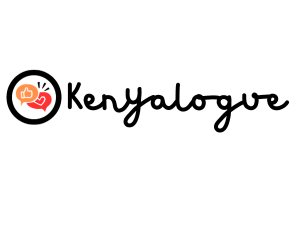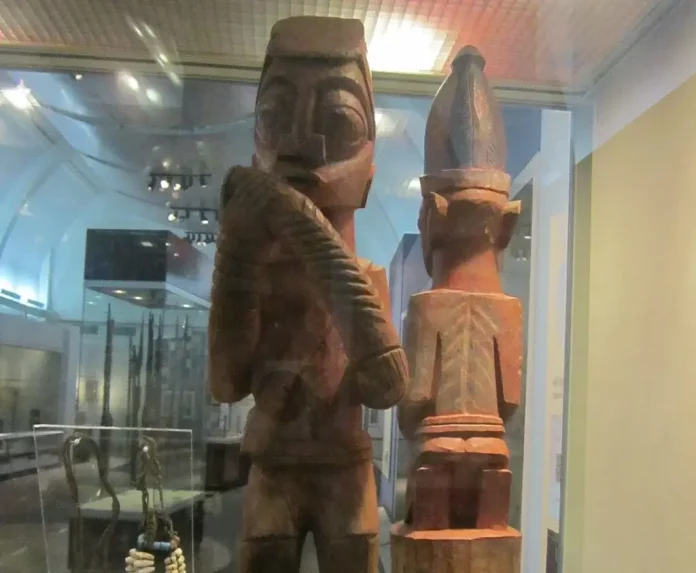Maybe you have never taken a tour down the mythological history.
Even so, you most certainly have heard of the Marvel Universe’s Thor.
While that is purely a work of fiction, there is believed to have been a Norse god of Thunder in Greek mythology.
You may have also heard the names of gods such as Zeus, his wife Hera, and Athena, among others.
However, did you know that African communities also had their own gods?
Long before Greek mythology, Africans, in their pursuits of religion, believed in divine supernatural beings that they believed were the source of their mere existence.
These beings lived amongst them disguised as mortals helping them during wars, famines, pestilence, and poverty.
Others are artifacts people hold close to them and believe they bring good fortune and protection.
Those gods were worshipped in a manner that was pleasing to them.
It is said that a great tribulation would befall those who did not act per the requirements of their gods.
In the various African cultures, these deities could be masculine or feminine.
Their power to intervene was believed to be in effect long after their nonexistence.
Each god served a specific purpose in the community. Among those deities were the gods of wealth and prosperity.
The following are the African gods who were believed to bring about wealth.
- Olokun
- Aje
- Wamala
- Anayaroli
- Oshun
- Tiurakh
- Mami Wata
- Ashiakle
- Abena
- Ikenga
- Mukasa
- Njoku Iji
In most African communities, wealth is characterized by one’s possessions, from domestic life, such as cows, goats, and sheep, to pieces of land, even the number of children one had.
With that, some of the gods worshiped could increase their farm produce or help them gather up wealth.
Let us discuss each one of the African gods of wealth and what sort of blessing they bestowed upon those worshipping them:
1. Olokun
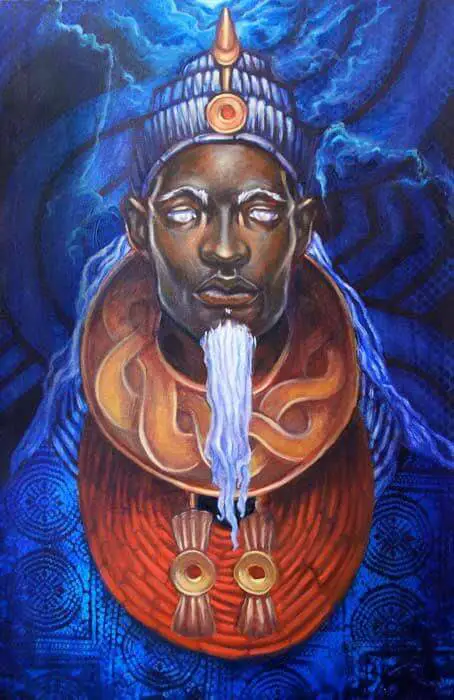
Olokun is an Orisha deity of the waters, depths of oceans, and dry earth of the Yoruba region of West Africa.
Olokun is described as taking different forms by various communities: as a female, male, and and rogyne.
In the male form, Olokun was the ruler of both small and large water bodies, and he had authority over all the other water deities and spirits.
He had the ability to bless his believers with good health, wealth, and prosperity. Olokun is known as the father of Aje.
2. Aje
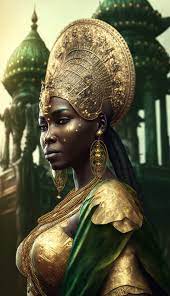
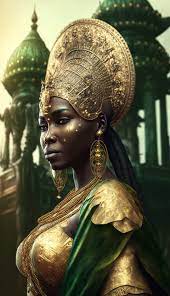
Aje is the child of Olokun. Found in water, she is the only daughter of Olokun.
She is known as the goddess of wealth among the Yoruba community. All of her worshippers are blessed with prosperity alongside those closest to them.
However, Aje requires her worshippers to offer something for her to bless. In other words, she will only bestow blessings upon those who are already blessing themselves.
Learn more abut Aje here: Aje Orisha: The Goddess of Wealth and Prosperity
3. Wamala
Also known as Wamara, Wamala is the son of Ndahuro, the Bunyore god of smallpox.
He is believed to be final ruler of the Backwezi Dynasty, and according to accounts, it is speculated that he either departed for the Netherworld or mysteriously disappeared, perhaps submerging into Lake Wamala located in Singo.
Some regions consider Wamala the Creator, but he is the god of plenty, giving wealth in the form of cattle, crops and additional children.
4. Anayaroli
Also known as the river demon, Anayaroli is worshipped by the Temne people of Sierra Leone.
He is believed to have control over wealth and prosperity.
The Temne community honors and seeks blessings from Anayaroli to ensure good fortune and abundance in their lives, particularly in matters related to trade and overall well-being.
5. Oshun
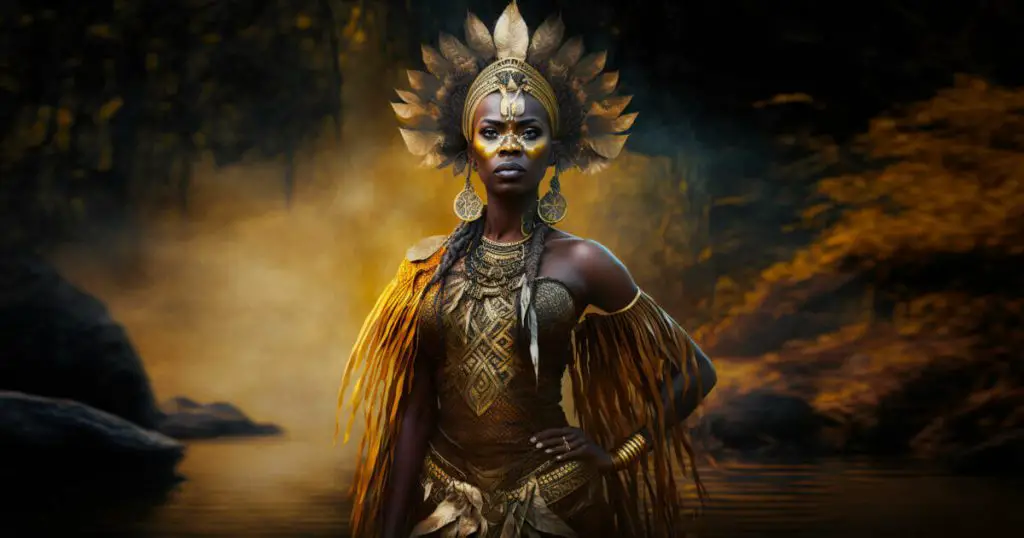
She is the Yoruba goddess of fertility, love, and abundance.
Oshun, also known as the river orisha, is commonly associated with water, purity, love, sensuality, and fertility.
In African culture, fertility is characterized as a form of wealth. The Yoruba women worship Oshun to get pregnant and give birth.
6. Tiurakh
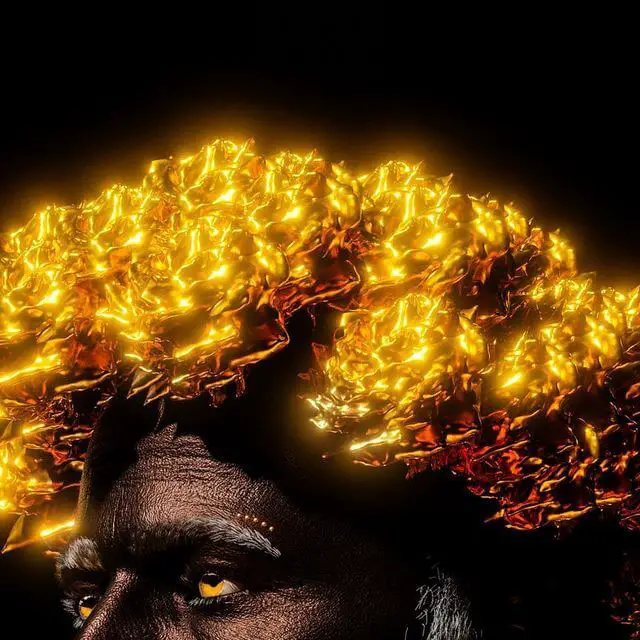
Tiurakh is the Serer god of wealth or property.
He is worshipped at the feet of the tallest trees of Serer forests, at certain sacred places where he resides.
People worship Tiurakh for material gains, such as acquiring wealth and success in their business ventures.
7. Mami Wata
Mami Wata has many names: Mamba Muntu, Water Mother, and La Sirene.
She is a water spirit depicted as a female on her upper body and a serpent/mermaid on her lower half.
Mami Wata affects many aspects of her worshippers’ lives, with the ability to bring them good fortune, healing, and wealth.
She can also cause great destruction when offended.
8. Ashiakle
Ashiakle is the Ghanaian goddess of wealth and gold. She is the daughter of Nai, the god of the sea, and rules over the sea and all of its treasures.
Her domain encompasses not only wealth and prosperity but also the precious resource of gold.
The Ghanaian people revere Ashiakle, seeking her blessings for prosperity, successful trade, and a bountiful harvest from the sea’s resources
9. Abena
She is also known as the river goddess.
She diligently safeguards her followers, showering them with utmost care and treating them as her beloved children.
She shields them from harm and looks after their well-being in their adulthood.
Abena is associated with symbols such as gold and brass, among others. Her symbols imply that she provides her children with wealth and prosperity.
10. Ikenga
Ikenga is a horned artifact used by the Igbo people in Nigeria, believed to cause outstanding achievements, success, and victory.
Apart from bringing wealth and fortune, the two-faced deity is believed to protect its holder.
Ikenga brings fortune in blacksmithing, industry, and farming.
11. Mukasa
Also known as Mugasa, he is a Baganda (a Bantu ethnic group in Uganda) god of fertility, harvest, health, and prosperity.
Mukasa disappeared when he was a small boy, only to be found eventually sitting under a tree far from his home.
His house was built on the island where he was found, and people started regarding him as a supernatural being.
He was a hero, playing a massive role in helping people during his mortal lifetime by advising them on health and prosperity.
After his death, which some refer to as his disappearance from the face of the earth, he advanced into a god.
He holds the highest rank of deities in the ‘babubaale’.
12. Njoku Ji
Njoku Ji, also referred to as Ahia Njoku, holds a significant position as the guardian deity of yam among the Igbo people of southeastern Nigeria.
The deity plays a vital role in the lives of the Igbo community, specifically regarding the cultivation and prosperity of yam crops.
Children who were dedicated to the service of Njoku Ji were bestowed with the name Njoku. These children grew up with the expectation of becoming prosperous yam farmers, ensuring the successful cultivation and abundance of yam harvests.
Even today, certain regions of Igboland continue to observe annual rituals to honor the yam deity.
One such celebration is the Ahia Njoku Festival, a significant event held on the full moon preceding the new yam festival.
This festival pays homage to the yam goddess and serves as a time to express gratitude for the blessings of bountiful yam harvests.
To Sum Up
African gods have become less prevalent since the colonial era and the introduction of Christianity.
Most people born in the 20th century till the present are unaware of the role they played in customary practices.
However, some communities still pray upon these gods for fortune and favor, and they believe in the gods answering their prayers.
Are they real? Do they really come through when called upon? Or are they based purely on myths?
The debate over their existence or lack thereof is one that would take days and hours without yielding results.
The bottom line is, as long as it is working for them, they are free to believe in whatever they choose to.
Also Read:
12 Most Revered African Gods of War

